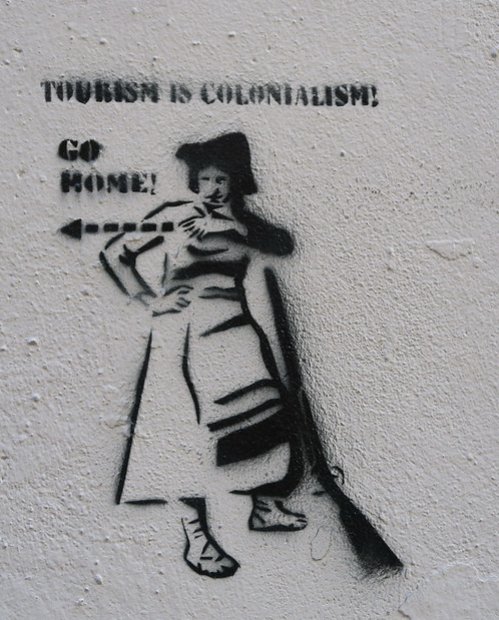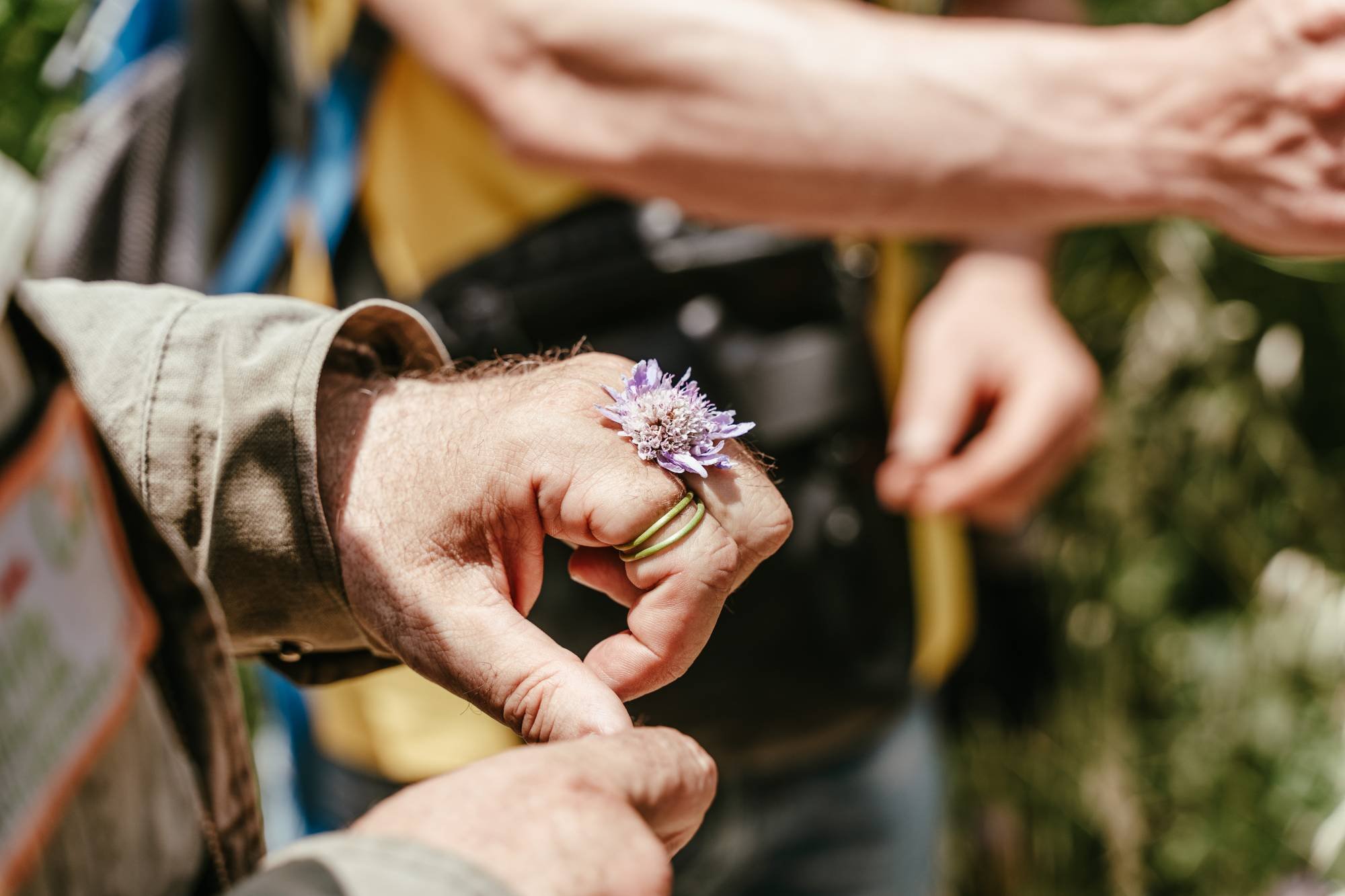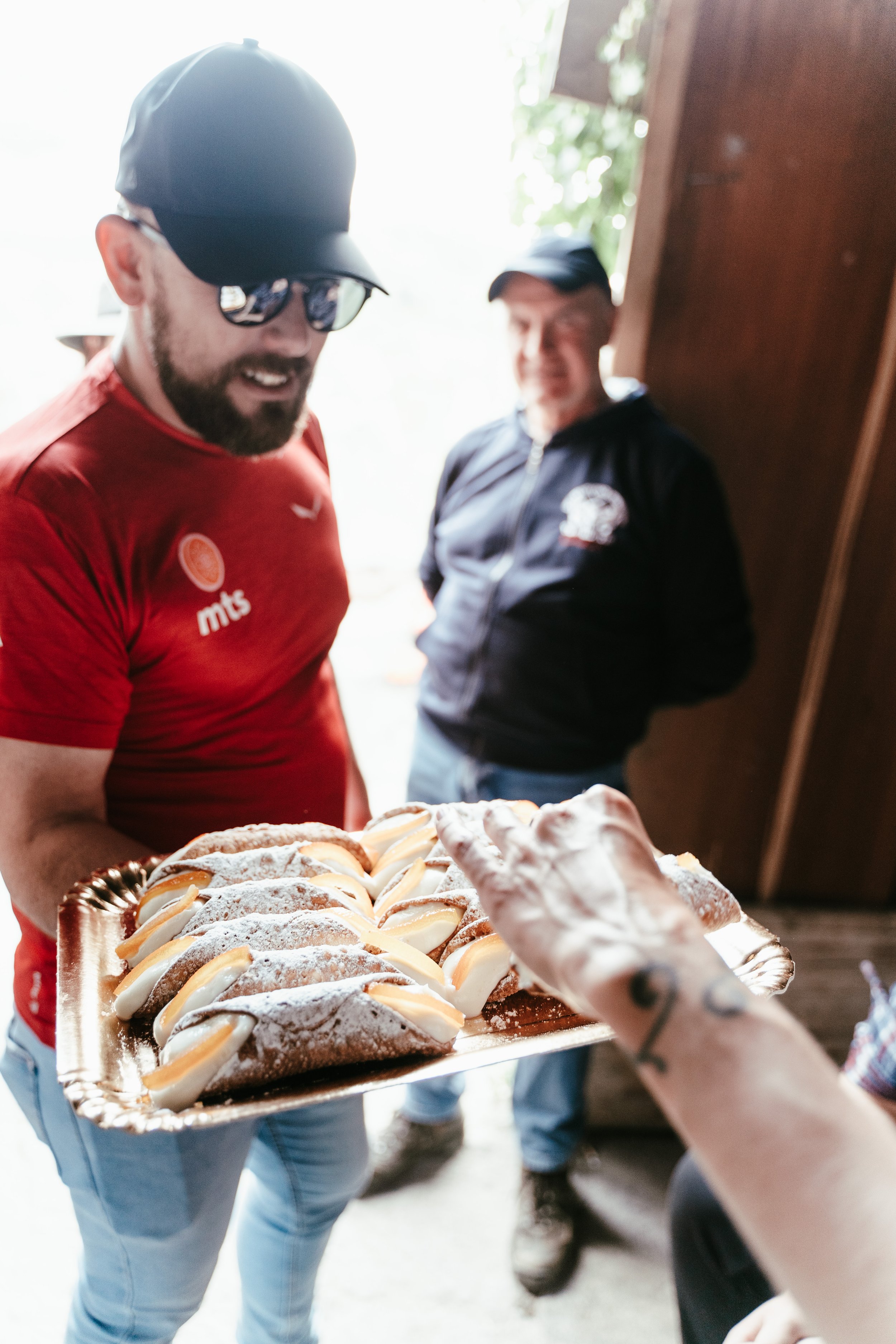Where does the money go?
One of Radici’s visions/missions is the redistribution of money.
We immediately knew when we began Radici that it was important to find a way for the diaspora (of Sicily, Italy, and anywhere, really) to help redistribute money back into Sicilian villages.
Mass immigration deeply affected those who were left behind, or stayed home.
Sicily, one of Italy’s poorest regions (alongside Calabria and Abruzzo) has more than one in five members of the working-age population unemployed, and almost half of all island residents are either living at poverty level or at risk of poverty. Sicily appears wealthy– because of what we see on social media — the constant images of places like Noto and Taormina, the inimitable beauty of the land, the glorious food, the stunningly gorgeous people, the joyful, “dolce vita” energy, the colorful festi and celebrations – and yet multi-generational Sicilian people still remain economically disadvantaged at poverty levels.
The places in Sicilia where tourists do not go, are often industrial wastelands, neglected and forgotten villages with dilapidated buildings, coastlines piled with garbage. I don’t say this to paint a negative picture of our beloved island, there is no more beautiful places in the world for me, but I write this because it’s devastatingly true. I have driven around almost every corner of Sicilia. I have stayed in every region outside the tourism boundaries. I have seen and experienced the spectrum of economic lifestyles.
And even though tourism is growing in Sicilia, and contributing to the economy, the costs of living are rising even faster— food and gas for instance is more expensive than ever. We need to consider that much of the tourism money may be going to internationally owned hotels, resorts, and tour operators, and not directly into the hands of the Sicilian people.
1000 euro a month is considered a very decent salary in Sicily. There is also no minimum wage law in Sicily, either, so people work for whatever they can get. And although many people do not experience being houseless, because of the amount of empty structures, and the food seems so abundant on the island, there is an economic crisis there– people at the common poverty level can only afford to buy the pasta manufactured and imported from China— versus their own locally made pasta with ancient wheat that grows in the heart of the island. While many other countries in Europe are benefiting off the solar farms in Sicily— which they tried to make a “hub” for solar energy, the Sicilians are not benefiting from these farms at all. Sicilian Governer Renato Schifani was quoted “Our agricultural fields are ravaged by the panels, so we pay a price. Does this activity produce any job opportunity? No: once installed, it is managed at distance. Do they produce energy? No, because it goes to the central state,”
The economic relief that Italy offers to other places in Italy, they do not offer to the south, especially Sicily. Since the Risorgimento, all of southern Italy has suffered from lack of resources, poverty, starvation, unemployment– not to mention the attempt to erase the unique culture of those of the mezzogiorno. And although our grandparents “escaped” this reality— and perhaps rose on the economic ladder after their pressured assimilation into American culture– the people of Sicily, of the south, still suffered. Emotionally and financially.
Consider asking yourself this about traditional tourism: “where does the money go” and also ask: “what does it do to the culture of Sicily?” What does it do to change the face of people, who are always feeling they need to be “on” for foreigners? How does their music shift? Their food shift? Their work/life balance shift? How do their roles shift? What does it do to their art? How do the people of Sicily feel about going to the sacred grotto of Rosalia and seeing groups of tourist enter, filming them while they are in devotion? How does it feel to remain at the poverty level but be constantly serving/appeasing to tourists as waiters and hotel staff, when they, as an example, be in the lineage of 8 generations of pastoralists – who can no longer continue pastoral work, because there is no longer any support for this role.
I have seen grafiti all over Palermo that is stenciled: tourism is colonialism, go home.
We at Radici ask ourselves the questions above constantly, it is our work to do so.
Because we are also of the diaspora, we ask ourselves these questions, because it is also our work to do so.
When we founded Radici we were sure of one thing - we wanted to redistribute money on Sicily, not via the tourist industry but directly put the funding in the hands of the people who live their lives, in their own ways, Sicilian ways, and who were willing to invite us in, not as tourists, but guests. As a small example, we want to contribute to the continuation of local cheese making, of local basket weaving — two ancient arts that are at risk of extinction. The registration fee that you pay — becomes cash that goes directly into the hands of these skilled artisans — to help them continue practicing these arts. We pay them to allow us in to witness, learn, honor, and appreciate what they are doing.
Redistribution of these funds in Sicily is extremely important. We never aim to “get things cheaper” because “it’s Sicily! not Tuscany!” What we want to do is maintain the message that Sicilian people, who they are, what they know, what they make, their deep connection to their land, to their traditions, to the way they make and create, speak and dance, and take care of each other — really matters. And we don’t want them to change anything for us, to appease or make us more comfortable. Instead we want to invest in beauty, so they can continue to deepen their cultural traditions, their connection to the land, and their way of being. And we can witness how it’s one. And re-member it in our own bodies.
In transparency, we want to share with you where your money goes.
Over 75% of your registration cost for a Radici immersion stays in Sicily.
And it not only stays in Sicily, it stays in the hands of people, families, small business owners.
Your money stays in Sicily and lands in the hands of Sicilian people in the form of:
licensed local drivers
local translators
local assistants
local photographers
As well as
Farmers
Artists
Village Elders
Small family owned accommodations
Musicans
Mythologists
Beekeepers
Winemakers
Small local restaurants, or meals at families homes
Bread makers
Weavers
Basket makers
Pastoralists
Nature guides/naturalists
Folk medicine keepers and storytellers
Your money also goes to:
admin fees
Payment plan transactions
Website fees
Wire transfer fees
Plane tickets for our staff and guest teachers
Accommodations for our staff and guest teachers
Van and car rentals
Petrol costs
And a little of little things that come up, too.
What is left over after all this, Radici splits this “profit” 50/50 with their Sicilian partner to cover the hours and hours we have spent curating and planning and holding space.
A registration fee covers 99% of the entire time with Radici (there may be a street food meal you pay for once or twice). The only thing it does not cover is your plane fare.
You will notice that we had to slightly raise our prices. We did so because we could not cover all expenses without doing so. We are not raising our prices to “get rich” - we are raising our prices for furthering fair redistribution of funding.
If you have any more questions about your financial investment for these unique and life changing immersions, please email us at: support@marybethbonfiglio.com





